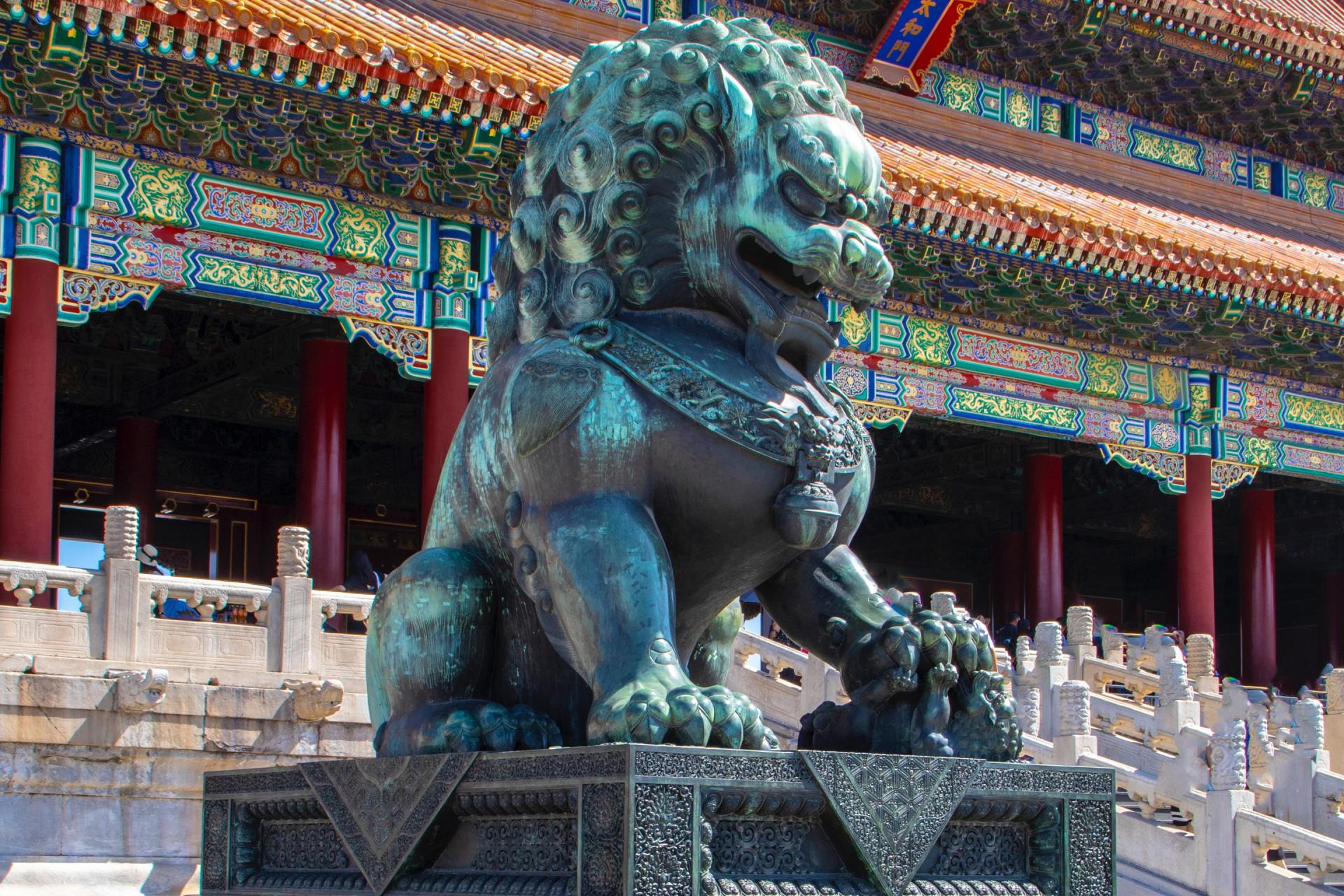UK-China Importing After Brexit
Jacqueline Gyer • Oct 08, 2019
Importing Goods from China, Post Brexit
Brexit, the UK Government's poisoned chalice has certainly stirred emotions, not just in the United Kingdom and Europe but across the globe. What started as a peoples' referendum a few years ago has turned into an incredibly divisive subject for most. The impact of Brexit will be far reaching and last for many years, but how will Brexit impact in the short term from companies that are importing goods from China?
Assuming Brexit actually happens?
Firstly, let’s make an assumption that Brexit will actually happen at the beginning of 2020. After almost three years of postulating and pure politics, it seems that, at the eleventh hour, Brexit will take place with or without a deal with the EU. There have been frantic efforts recently to ensure that the supply of goods around Europe into and out of the UK will be as seamless as is possible. But what impact may Brexit have to UK businesses that import directly from China?
Supply chains and relationships with Chinese factories and businesses are very mature and well established. The last 20 years has seen a huge amount of business being carried out directly with China from the United Kingdom. The overall impacts of Brexit on trade between the UK and China can potentially have negatives as well as positive outcomes.
Britain has been a target destination for Chinese goods for many years.
The attraction from China to the UK is not just its 65 million inhabitants but also the direct access to the EU. One downside for China is that they will need to re-address this route into the EU. However, one potentially positive outcome is that the UK will finally be free to sign free trade deals with China and across the rest of the World. This can potentially bring closer economic ties between the two nations, and the possible short-term depreciation of the pound will make imports from China even more competitive.
One negative factor of Brexit for China is that they will need to adhere to the standards of both the United Kingdom as well as the EU simultaneously. Whilst the British Standards Association has declared that the UK will continue to adhere to EU standards for the foreseeable future, the reality is that Britain will most likely implement varying degrees of standards on imported goods immediately after Brexit. This will, of course increase initial production costs for Chinese companies.
Post Brexit UK-China Opportunities and Challenges
Brexit will present both opportunities and challenges to The United Kingdom and to China. Brexit will potentially enhance the ties between the two nations through increased trade cooperation. Whilst the UK, as a highly developed and stable nation was a key player in stabilising the role between China and the EU, this will no longer be a requirement, and the two nations will be free to tread their own economic and trade paths together.

By Jacqueline Gyer
•
16 Sep, 2019
The business opportunities available from importing goods from China are well recognised. 20 years ago, importing goods from China was almost a gold rush, with Europeans and British flying over to China to visit factories and to source products to sell in their native retail markets. Much money was made, but not without teething problems. Quality control in the early days was something of an issue, as was adherence to EU native standards. Added to this was the potential complications of transport, customs clearance and the logistics of importing from the other side of the world, and very quickly business practises had to be tightened up. Pretty quickly though, highly effective supply chains were implemented, high quality products were flooding into UK warehouses, and UK retailers were enjoying high margin sales. As more people became involved, naturally the competition for retail buyers increased and price started to become an issue. Even whilst enjoying huge margins due to the relatively low cost of production of goods in China, discounts started to creep in amongst retailers, and the heady days of huge profits were becoming slightly eroded.

By Jacqueline Gyer
•
16 Sep, 2019
How these 4 issues with product souring and import services from China to the Uk, are posing problems for big e-commerce businesses. Within the past decade, there has been an increasing demand for product sourcing and product import from China. More people and businesses within the U.K are opting to source products and import them from China, primarily because it’s cheaper to mass produce but also because the high quality is now a given. However, alongside this demand means a growing number of issues and challenges within the international sourcing and import business, with many large businesses often falling short of the expectations that their customers expect. DAMAGED OR WRONG GOODS One of the key problems that large e-commerce businesses appear to have is the damage or supply of the wrong goods. The biggest complaint amongst the industry is the incorrect handling of products or wrongly allocated products, especially in regard to larger sourced items such as furniture. Recently, DHgate came under fire for its handling of damaged goods disputes – with many not receiving adequate refunds after their products arrived in a damaged state. This appears to be a common problem amongst the larger scale e-commerce industry, particularly when dealing with product sourcing and import services from China. SPEED OF DELIVERY Another area with large businesses, who are dealing with importation services and product sourcing, have is the issue with speed of product delivery from China to the UK. A top complaint towards large-scale product sourcing and importing companies is the amount of time it takes for a shipment to arrive at its destination. Whilst in the past several years the length of time it takes has reduced significantly, it appears that larger companies in particular are struggling to speed up their process.

By Jacqueline Gyer
•
16 Sep, 2019
In January 2017, China was the second largest importer into the UK (after Germany) worth imports worth in excess of £3.68 billion. When considering setting up a business based around importing goods from China there are a number of important things that need to be considered. These will include managing long-distance relationships, to organising international transport and customs clearance. One of the most important things that you need to consider right from the start is to have very clear objectives as to what you want to achieve. Are you looking for a cheaper source of supplies from China, or are you looking to import products that are not currently readily available for sale in the United Kingdom? You then need to find a reliable and trustworthy supplier for your products from China. This will include agreeing specifications as well as making sure that the products comply with any EU or UK standards. Check with your potential supplier if you are buying directly from them or if they are outsourcing production themselves. It will also be helpful to understand the culture of the Chinese and their markets. Mandarin is the official language in China and is becoming an increasingly important language globally. Learning just a few phrases and words can be well worth the time and will impress your potential Chinese partners.
Useful Links


